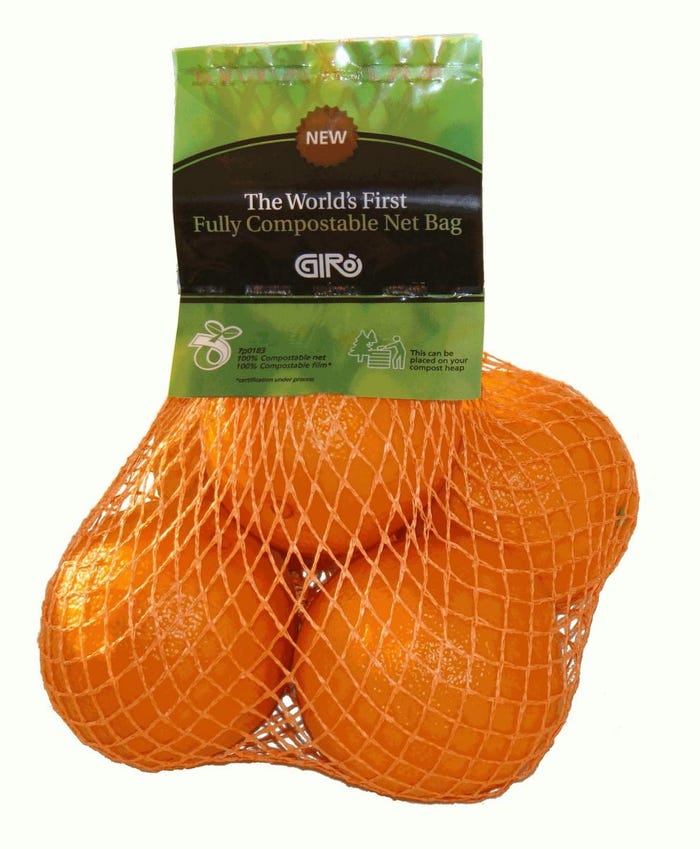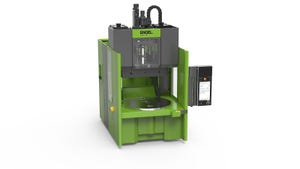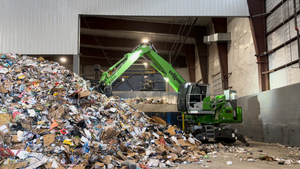European Bioplastics hails new law pushing bioplastics in France to forefront
The new law on energy transition and green growth adopted last week by the French parliament is likely to impact on a wide range of legislative areas and issues in France. The law not only requires the share of nuclear power in the French energy mix to be reduced, it also contains a wide range of legislative proposals, e.g. on renewables (40% by 2030) and CO2 reduction (-40% by 2030). Importantly, it moreover paves the way to make the use of bioplastics mandatory for selected types of packaging and plastic bags.
July 27, 2015
The new law on energy transition and green growth adopted last week by the French parliament is likely to impact on a wide range of legislative areas and issues in France. The law not only requires the share of nuclear power in the French energy mix to be reduced, it also contains a wide range of legislative proposals, e.g. on renewables (40% by 2030) and CO2 reduction (-40% by 2030). Importantly, it moreover paves the way to make the use of bioplastics mandatory for selected types of packaging and plastic bags.  François de Bie, Chairman of the Board of European Bioplastics, welcomed the opportunities created by the new law in this respect and fully supports the clear commitment to renewably sourced, biodegradable plastics. Under the new law, lightweight plastic bags for fruit and vegetables, for example, are required to be biobased and home compostable from January 1, 2017 on. The minimum biobased content and its progressive increase will be defined in a decree of the State Council, which will also define measures for consumer information about the material composition and utilization of such bags. Furthermore, plastic packaging for commercial mailshots will have to be biodegradable/home compostable by January 1, 2017.
François de Bie, Chairman of the Board of European Bioplastics, welcomed the opportunities created by the new law in this respect and fully supports the clear commitment to renewably sourced, biodegradable plastics. Under the new law, lightweight plastic bags for fruit and vegetables, for example, are required to be biobased and home compostable from January 1, 2017 on. The minimum biobased content and its progressive increase will be defined in a decree of the State Council, which will also define measures for consumer information about the material composition and utilization of such bags. Furthermore, plastic packaging for commercial mailshots will have to be biodegradable/home compostable by January 1, 2017.
“These provisions represent an important step for the French bioplastics industry, which has invested more than 40 million euros in the last 15 years. Unfortunately, however, an important opportunity to promote single-use bags that are biobased and biodegradable at the cashier’s desk was missed. They could have been a valuable tool to safely transport goods and later on to hygienically collect biowaste,” commented Christophe Douche-de Boissoudy, President of French association Club Bio-plastiques.
One particularly heartening aspect of the new law is the clear distinction that it makes between biobased, biodegradable/compostable plastics and oxo-fragmentable plastics. Compostable plastics that have been certified according to harmonized European norms support a separate biowaste collection and home-composting infrastructures. They help to keep other waste streams such as mechanical recycling efficient and clean.
Oxo-fragmentable plastics, by contrast, are essentially durable, fossil-based plastics with artificial additives, which cause the plastic to fragment into micro-particles. As they do not meet the European norms for compostability and can potentially hinder mechanical recycling, they have long been under debate, especially in France. In January of 2014, a group of socialist MPs in the French National Assembly, the French lower house, called for a ban on plastic bags made of this kind of plastic, saying they pose numerous problems for health and environment. Now, French institutions have clearly voted to prohibit the production, distribution, sale, provision and utilization of packaging or bags made partially or completely from oxo-fragmentable plastics—a step that is applauded by the European Bioplastics organization. As its chairman, Mr. de Bie said:
“France has taken a step forward to the responsible consumption of plastic materials and to treating waste as a valuable resource. Bioplastic materials will contribute their share to its environmentally responsible economic growth.”
About the Author(s)
You May Also Like


